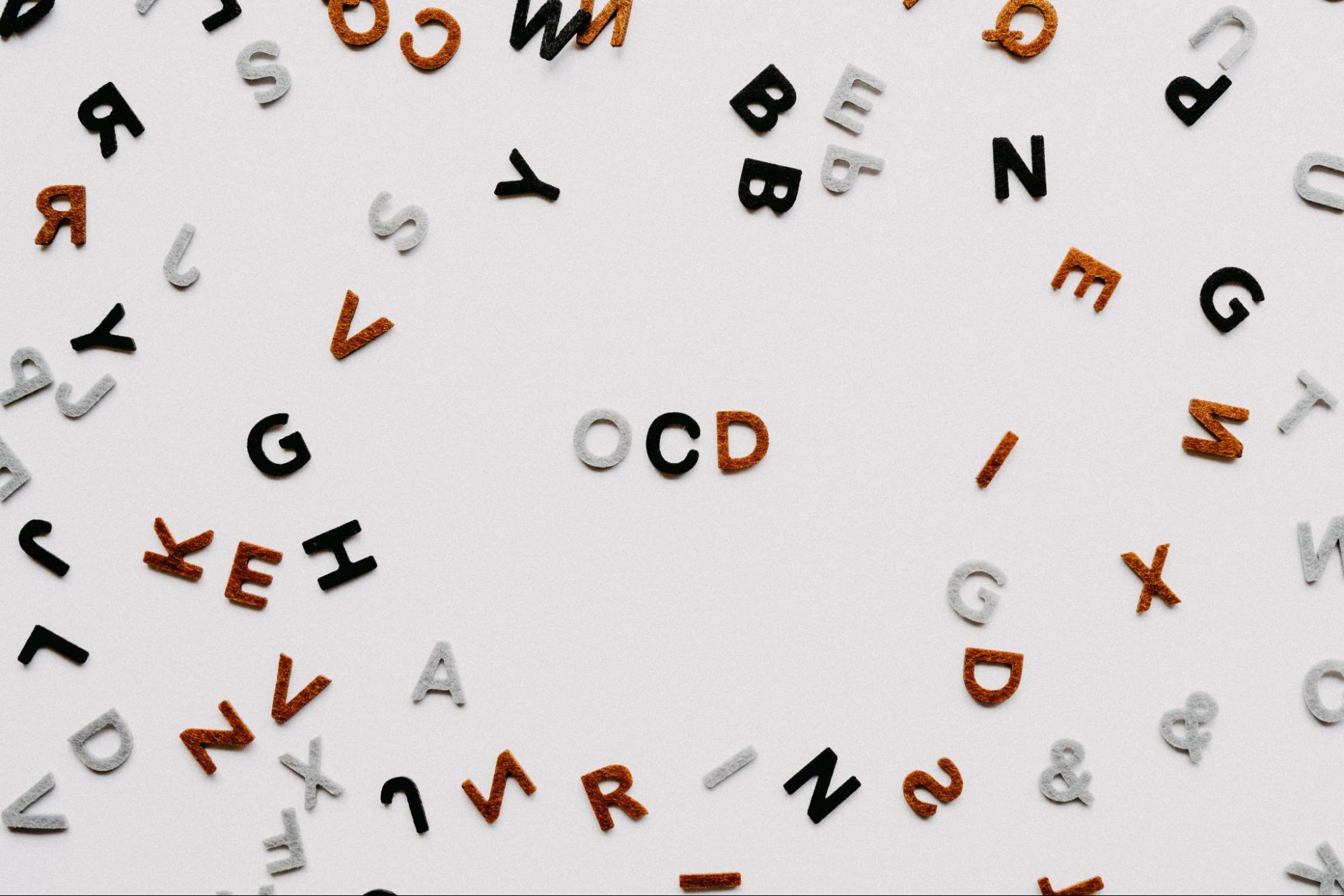Obsessive compulsive disorder (OCD) is a mental health condition in which your life, work, and relationships are disrupted by obsessive intrusive thoughts, followed by compulsions. Someone with OCD may feel strongly compelled to wash their hands a certain number of times, recite a mantra or prayer, or some other ritual, anxious that if they fail to do so something terrible might happen.
OCD is treatable with a combination of medication and therapy. However, like all mental health conditions, there are factors that can exacerbate OCD. Here are a few of the causes for worsening OCD.
#1 - Age & Time
OCD is often diagnosed in the teenage years or during early adulthood. However, symptoms can grow in intensity as you age, especially with a lack of treatment. This is why it’s important to get diagnosed with OCD when your symptoms first begin to manifest and to begin treatment as soon as possible.
#2 - Lack of Treatment
Similarly, the longer you go without treatment for OCD, the worse your symptoms can become. With therapy, you can work on coping mechanisms and ways to deal with your obsessions and compulsions that keep them from controlling your life. With medication, you can reduce the chemical imbalance that causes the symptoms. Going without these treatments can only exacerbate OCD as time goes on.
#3 - Comorbidities
It is entirely possible, and even common, to have multiple mental health conditions at the same time. Some mental health conditions can exacerbate your other conditions. These are known as comorbidities.
For instance, anxiety can often be obsessive, so when combined with OCD it only enhances that strong feeling that your rituals are necessary to keep something terrible from happening. OCD may make you feel hopeless or trapped, which can be worsened by depression. ADHD is another common comorbidity, as the impulsivity and executive dysfunction associated with ADHD can feed into the obsessiveness of OCD.
#4 - Trauma
Trauma is a major event emotionally, even if it may seem small to an outside observer. It can actually rewire your brain, altering your thought patterns. If you have a mental health condition already, such as OCD, trauma may seem to confirm your anxieties or your need for your compulsions. Thus trauma can, and likely will, have a dramatic impact on your OCD symptoms.
#5 - Increased Stress
If your stress increases, this will of course have a negative impact on your mental health. Thus any mental health conditions will be compounded under the weight of your stress. If you are facing a stressful workload, stress in relationships, or other areas of your life such as schoolwork, your obsessions and intrusive thoughts may become more present than ever. Look for ways to reduce stress to help manage your symptoms.
#6 - Major Life Changes
Speaking of stressors — major life changes can also exacerbate OCD symptoms. Even if the life change is something you ultimately want, the transitionary period may be full of stress and frustration. Moving to a new home or a new city, changing jobs, beginning a new relationship can all test your coping mechanisms. Make sure to give yourself grace as you go through these life changes and continue to try to take care of yourself through it all.
#7 - Lack of Self-Care
In recent conversation, self-care can often be confused with the idea of “treating yourself” by getting your favorite treats, buying creature comforts, taking a vacation, and more. While sometimes a vacation or treat can be self-care, the most effective self-care is often the most basic: getting enough sleep, eating nutritiously, showering regularly, etc.
When you are sleep-deprived or not getting the proper nutrients, this can make you feel off-kilter mental health-wise. You may feel more irritable, or you may have less of a resistance to your symptoms than usual. Similarly, if you don’t keep up with your hygiene, you may more easily feel depressed, anxious, or obsessive. Taking care of yourself regularly can help you more easily manage your symptoms.
This might be a slippery slope for some with OCD, especially when it comes to cleanliness. If you have compulsions or rituals related to cleaning, you may struggle to objectively see what constitutes proper self-care and hygiene. Talk to your therapist honestly about how you’re taking care of yourself so that they can help you to differentiate between compulsion and needed self-care. However, if you are going days without showering, sleeping little, and eating irregularly, the issue of exacerbated symptoms may be a lack of self-care.
What To Do If Your OCD Symptoms Get Worse
The truth is that with every mental health condition, there will be highs and lows. There may be days when you feel in control, as well as days when your OCD symptoms seem to control you. So what do you do when your OCD symptoms worsen? Here are our tips:
Reach Out For Help
You don’t have to deal with your OCD symptoms alone, even if mental illness can feel isolating at times. Reach out to your therapist or psychiatrist for help. A psychiatrist may be able to prescribe different medication or a higher dosage of your current medication. Your therapist may be able to help you develop new coping strategies. You can also let your friends and family know that you are struggling, especially those familiar with your condition.
Stay On Top of Sleep and Eating
Make sure that you get as regular of a sleep schedule as possible. Try to set a specific time to go to bed and a specific time to wake in the morning. If you nap, try to keep those naps between 45 and 90 minutes. Additionally, where you can make sure to eat three meals a day and to have a balance of nutrients.
Look For Crisis Resources
If you feel completely overwhelmed and in crisis, look for resources. Your mental health provider may offer phone coaching, or you may find a crisis hotline where someone can work through an issue with you even if you can’t reach your therapist. Try looking for OCD specific resources first so that you can find options that actually suit what you’re going through.
Our skilled and compassionate clinicians at Rivia Mind have experience helping patients with OCD. Contact us today to learn more or to schedule a free 15-minute consultation.




